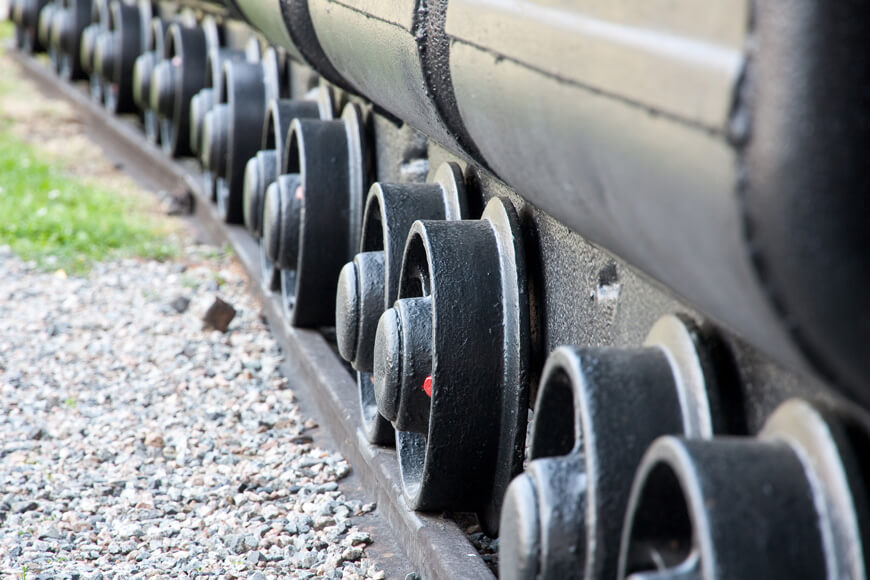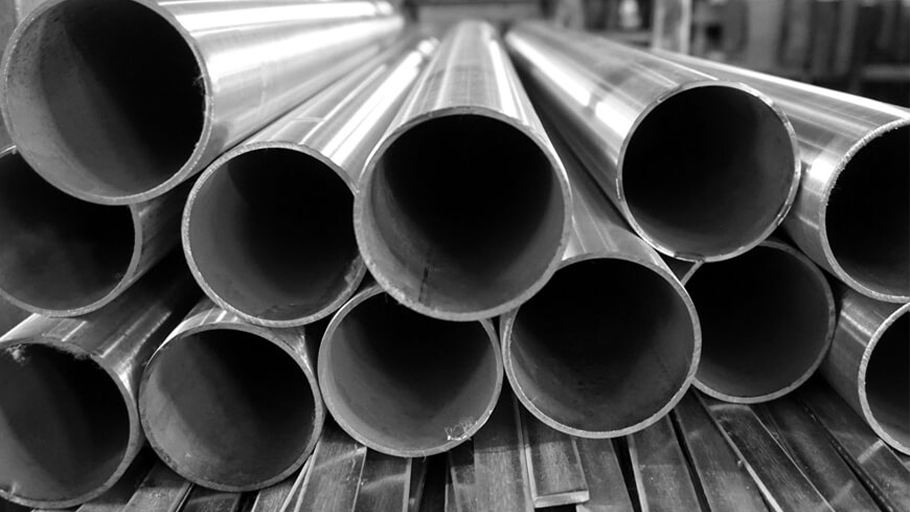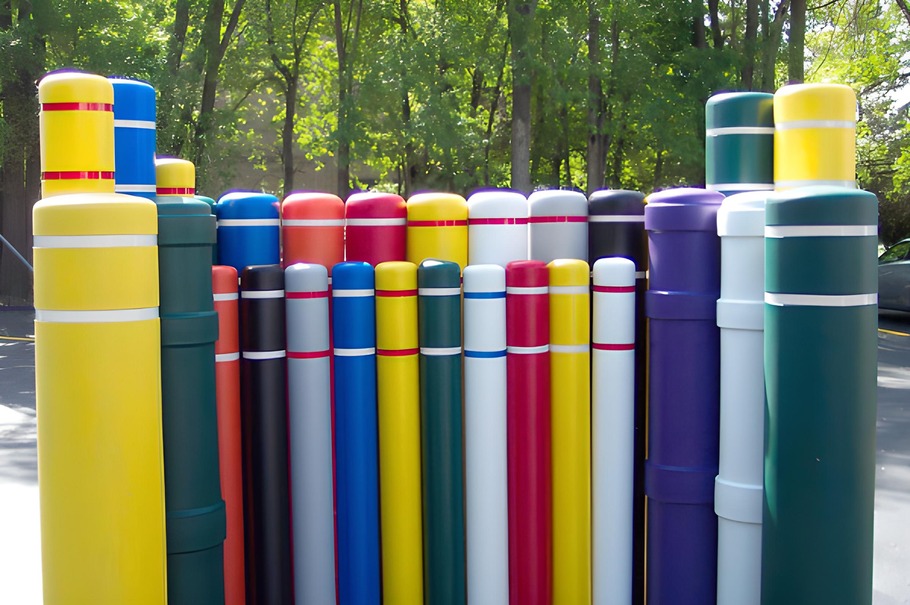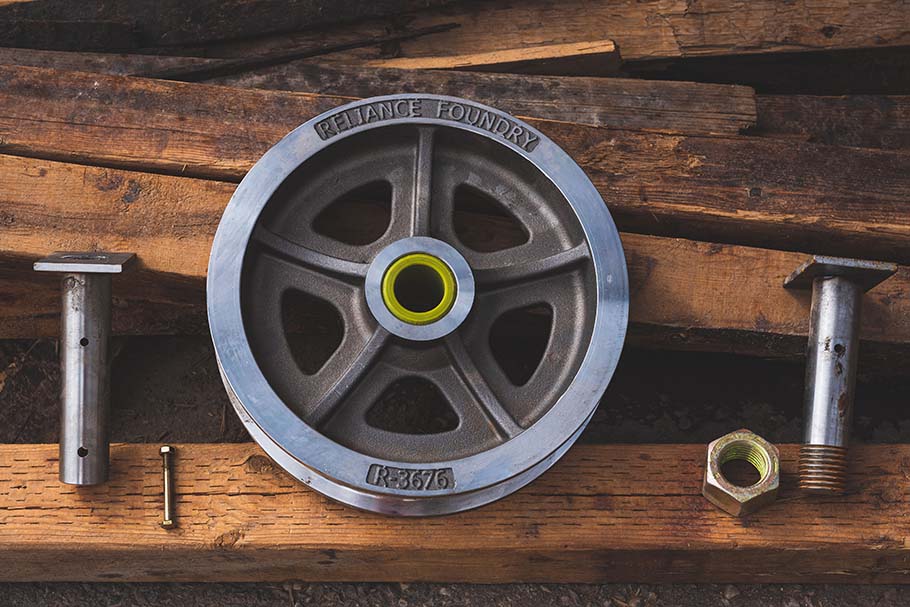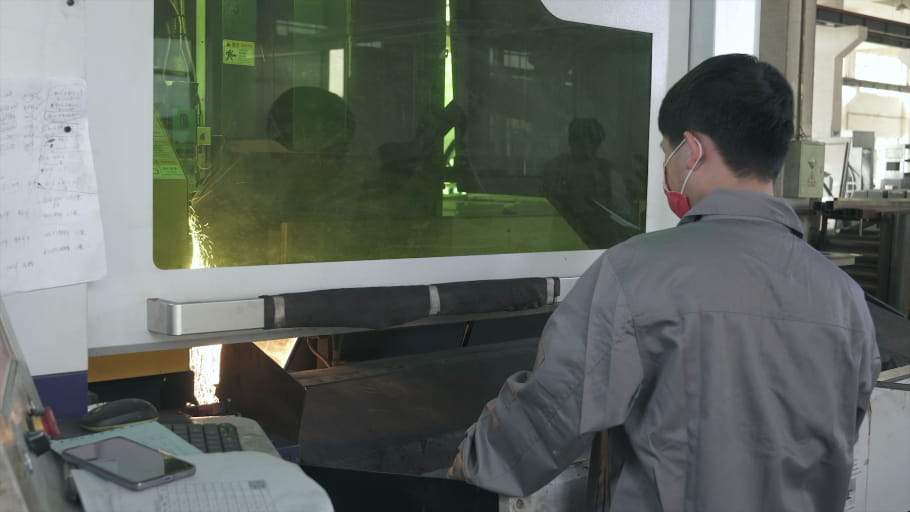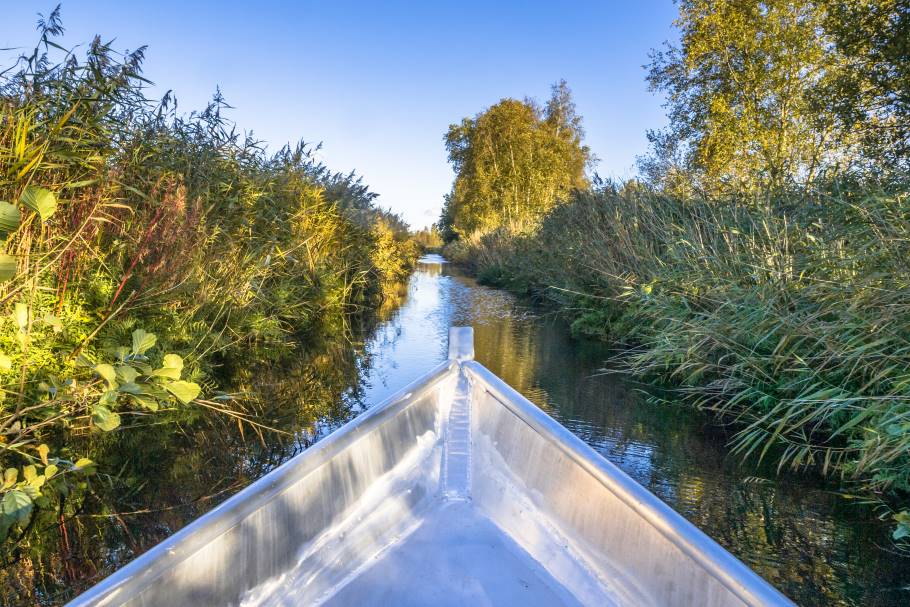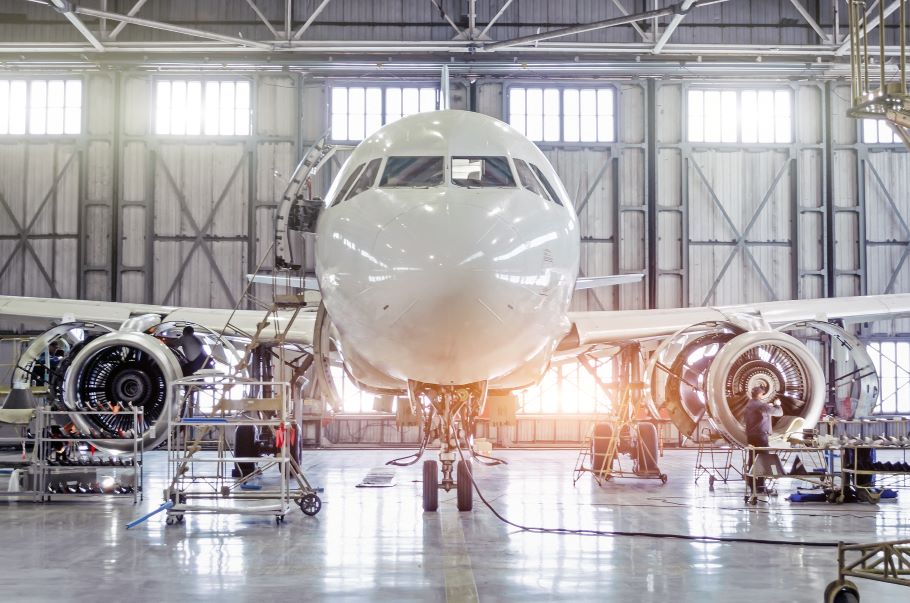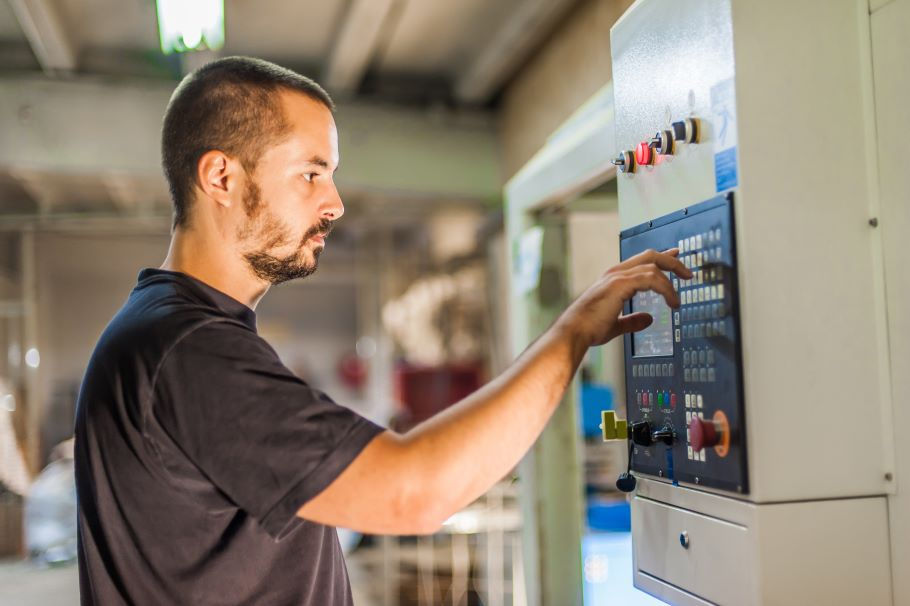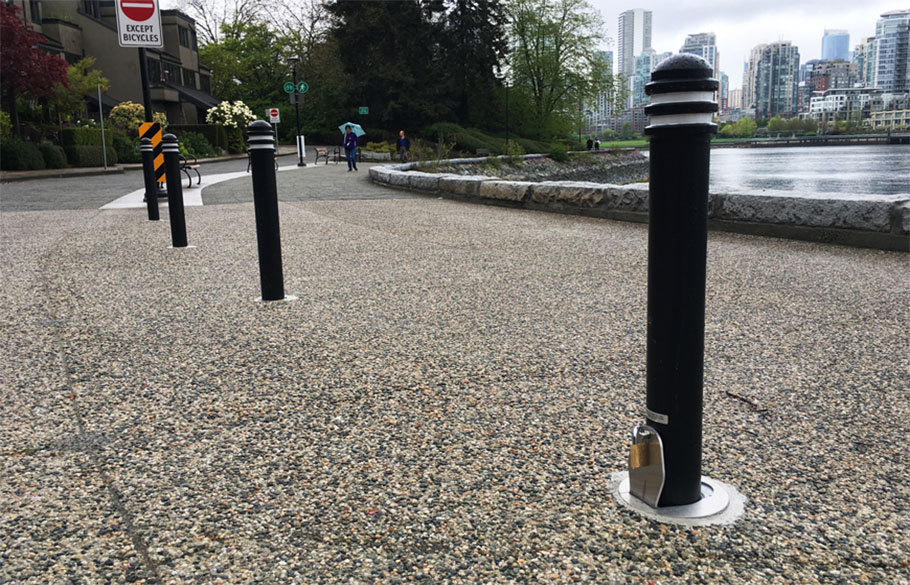How to select the best industrial wheel for your application
Finding the perfect wheel for your application can be a smooth process with the right knowledge. Wheel customers have three distinct choices when selecting wheels to meet specific needs:
- Find a stock or standard wheel.
- Find a stock or standard wheel that is close to the desired specifications and customize it. Customizing options include increasing the bore diameter, adding grease fittings, decreasing the tread width, reducing the flange or outside diameter, installing a shaft, and adding bushings. (Get started on wheel modifications by requesting a quote).
- Create a custom wheel from scratch to meet exact specifications.
Flanged metal wheels can be used for a range of track applications including lumber kilns, material transfer vehicles, marine tracks, cranes, and factory or mining carts. When properly selected and maintained, industrial cart wheels used with track installations enhance productivity and efficiency—offering controlled movement of heavy-duty machinery with minimal friction and wear.
Mismatched wheels, or wheels unsuitable for a specific application, can have the opposite effect—they risk failure that cause damage to operating equipment. Selecting the wrong wheel can lead to work slowdowns, stoppages, or even safety hazards.
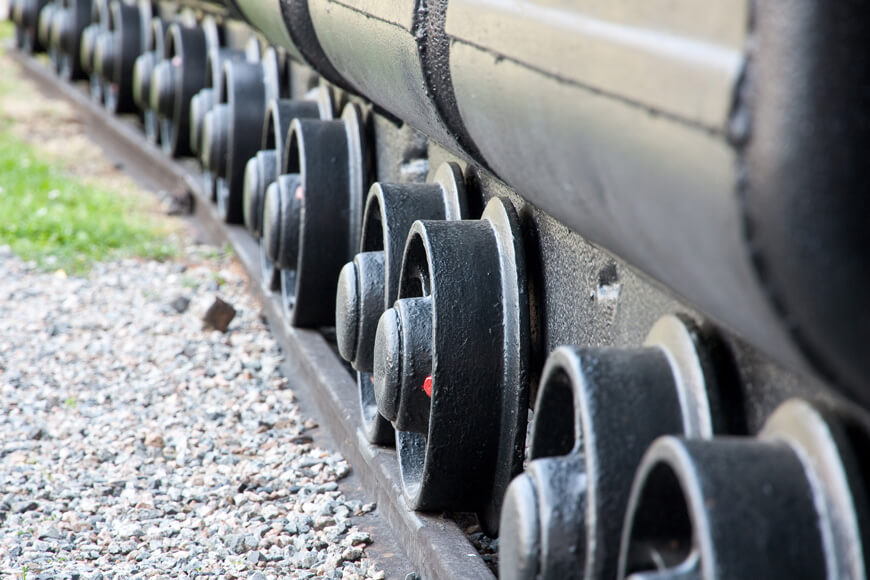
Important factors when selecting industrial wheels
1. Wheel application
A key factor in wheel selection is the wheel’s application. Different wheels serve different functions—some wheels carry lighter loads at higher speeds, while others carry taxing loads at slower speeds.
Single flanged wheels for higher speeds
Single flanged wheels are commonly used on trains and trolleys designed to travel at higher speeds. The flange is located on the inside edge of each wheel—providing guidance without restricting movement.
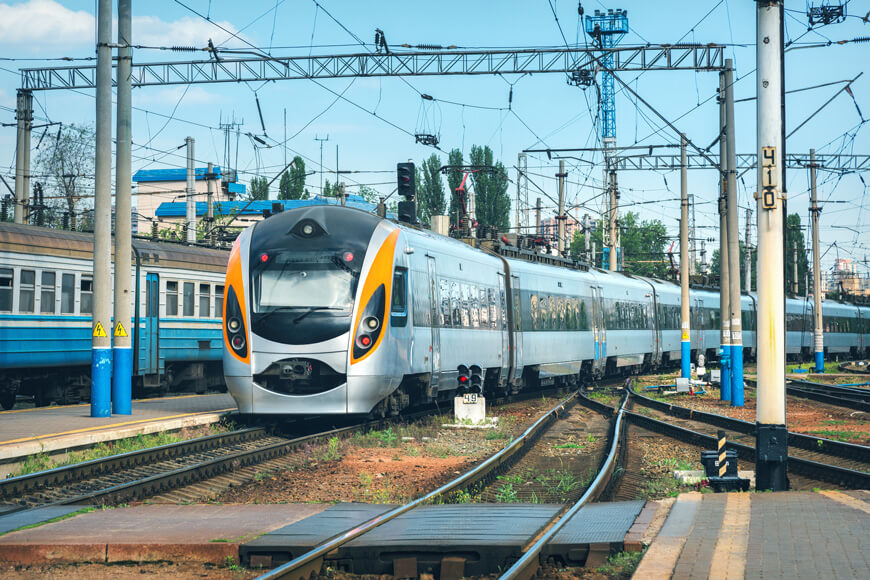
Double flanged wheels for slower speeds
Double flanged wheels offer more stability and are ideal for overhead cranes and trolleys. They help to guide equipment more precisely and result in less side-to-side motion.
2. Material and dimensions
Based on the application of the wheel, the material and dimensions should be considered.
Steel track wheels
Steel is an ideal material for industrial wheels as it is more elastic than iron and less susceptible to breakage. It is more forgiving when riding along twists, turns, and other track variances.
Wheel hardness
Material wear will not be as prominent in a harder material compared to one that is less hard. In the case of wheels and tracks, it is much easier and economical to replace wheels than it is to replace an entire track. For this reason, the track should be the harder material, while the wheels should be less hard.
Wheel dimensions
Wheel dimensions can be customized to fit the track or rails—this includes altering the diameter or the width of each flange. The tread width (surface area between each flange) can also be altered. The tread width should be slightly larger than the track size.
3. Track application
Keep in mind that the type and condition of the track will impact the maneuverability and operational lifespan of wheels. Rail and track applications can be installed in many ways and take on different forms. Tracks can be set on, or below, the surface—and in some cases, suspended overhead. Tracks are also installed in various widths and gauges.
Factors that influence a track’s damage or wear:
- Location
- Age
- Frequency of use
- Running speed
- Curve design
- Excessive environmental debris
4. Operating environment
When selecting wheels for use in industrial or commercial settings, it is important to identify and evaluate the overall environment. Extreme temperatures and caustic environments affect the performance and operating life span of industrial wheels—leading to accelerated corrosion and/or wear.
- Caustic environments
Wheels in caustic environments are subject to corrosion, melting, or pitting. Special materials or treatments may be required to prolong the life of the wheel. - Corrosive environments
Stainless steel alloys offer high resistance to certain types of corrosion. Keep these alloy materials in mind when determining specifications for custom wheels.
5. High-impact loading
All materials have their breaking point. It is beneficial to know the limit of your wheels and to plan accordingly. Consider any high-impact or uneven loading that the wheels will need to tolerate. Working beyond a specified carrying capacity can lead to material failures which can damage vehicles or other machinery—as well as present a risk to employee safety.
Safe working loads
To estimate capacity requirements for each individual wheel—identify the maximum loading weight (including the weight of the cart), add an additional 25 percent of the total weight, and then divide by the number of wheels. Learn more about how to assess safe working loads for wheels.
Wheel carrying capacity = [(Total vehicle or cart weight + Max load weight) * 1.25] / Number of wheels
Uneven loads
Uneven loads may require wheels to carry higher capacities. As more loads are placed on individual wheels, the carrying capacity of each wheel must increase accordingly.
High-impact loading
High-impact loading can lead to material fatigue over time. While iron has better fatigue resistance than steel, it is also more brittle and susceptible to fracture. Steel offers better all-around strength for long-term use.
6. Stability
Heavy loading requires stability for secure transport of valuable materials. For example, lumber must be stacked onto dry kiln cart wheels in a way that promotes airflow, and then transported with accuracy. Wheel stability is critical for many industries where taxing loads must be transferred.

Features that enhance wheel stability:
- Wider wheels
Wider wheel dimensions offer better stability. Wheels can be customized for additional width when required. - Material elasticity
Material elasticity adds to the stability of wheels. Standard steel wheels offer more elasticity than iron products, and special alloys can be specified for custom products. - Proper flanges
Proper flanges are critical to maintaining track alignment. Different weights, speeds, and other environmental factors will dictate the dimensions for a proper flange.
7. Mobility
Different modes of propulsion will determine how easily a rail vehicle should move. Machine-powered forces will move a vehicle more effectively than manual labor. Therefore, manual vehicles should be designed to offer the least resistance possible to minimize fatigue among handlers.
Wheel bearings and bushings increase mobility:
- Bearings
Bearings are machine elements that reduce friction between moving parts within a restricted field of motion. They can be installed into industrial wheels to ensure free turning on a fixed axle. Low-friction bearings are often ideal for hand-propelled carts as they offer minimal resistance. - Bushings
Bushings are metal or nylon linings set into a wheel’s bore to limit the size of an opening, resist abrasion, or serve as a guide. Bearings can prevent friction and erosion between a wheel and axle.
8. Standard vs custom industrial wheels
There are advantages and disadvantages to both standard and custom industrial wheels. The wheel’s final application—as well as time and budget—will ultimately influence the choice between a standard in-stock wheel or a fully customized industrial wheel.
Standard Wheel Features
- Economical
- Convenient and ready for purchase
- Designed and tested to accommodate standard track types and load capacities
- Ability to customize minor details
Custom Wheel Features
- Higher cost
- Longer production time
- Suitable for large volume orders with precise specifications
- Ability to fully custom-fit a specific track or rail
Reliance Foundry industrial wheels
Reliance Foundry carries a selection of standard industrial wheels for a wide range of applications. For customized industrial wheels, Reliance Foundry offers a detailed process of consultation, design, and development. Reliance Foundry provides support throughout any stage of sourcing and development—working with existing products as well as entirely new wheel concepts. Sales staff are always available to create your custom wheel order.

